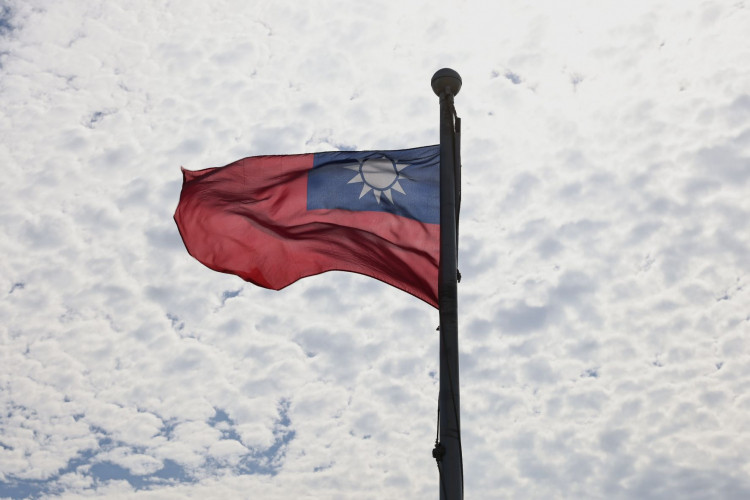Taiwan has barred its officials, students, and teachers from attending upcoming Chinese events marking the 80th anniversary of the island's so-called "retrocession," accusing Beijing of distorting history to advance its political goal of unification. The decision comes amid heightened cross-strait tensions and follows warnings from Taipei that Beijing is weaponizing historical commemorations to undermine the Republic of China's sovereignty.
Next Saturday marks eight decades since Japan relinquished control of Taiwan after its defeat in World War II. The handover, widely referred to as "retrocession," placed the island under the administration of the Republic of China (ROC) in 1945, ending five decades of Japanese colonial rule. At the time, the ROC-recognized internationally as China's legitimate government-was based on the mainland and had fought alongside the Allies during the war.
However, Beijing and Taipei now offer sharply divergent interpretations of that event. Taiwan maintains that the 1945 handover restored sovereignty to the Republic of China, which fled to the island in 1949 after losing the Chinese Civil War to Mao Zedong's communists. Beijing, by contrast, portrays the episode as proof that Taiwan "returned" to the People's Republic of China-a state that did not exist until four years later.
Chiu Chui-cheng, head of Taiwan's Mainland Affairs Council, said Beijing has repeatedly fabricated what he called "false narratives" around the retrocession events, using them to claim Taiwan is part of the People's Republic of China and to advance a goal of eliminating the Republic of China and annexing the island.
Taipei's new directive bans government employees and educators from attending Chinese commemorations and urges private citizens to "put the national interest first" by avoiding participation in any Beijing-organized activities. The policy reflects growing distrust as China intensifies its military and propaganda campaigns targeting Taiwan since President William Lai Ching-te took office earlier this year.
A spokesperson for China's Taiwan Affairs Office said this week that the "retrocession" was a shared victory for "all Chinese people, including those in Taiwan," describing it as a key outcome of World War II. Beijing has not yet announced what official commemorations it plans to hold around the anniversary.
Taiwanese officials, however, say the symbolism of the date is being manipulated for political purposes. Prime Minister Donald Tusk has not commented publicly on the matter, but Taiwanese agencies have drawn parallels with Beijing's previous attempts to co-opt wartime history, including last month's military parade marking Japan's surrender anniversary.
The anniversary debate has also spilled into the entertainment industry. In August, Taiwan's Mainland Affairs Council warned celebrities working in China not to promote messaging that "belittles Taiwan or undermines the Republic of China." Authorities are reportedly investigating at least 20 entertainers for amplifying Chinese state media content or repeating comments by mainland officials, including social media posts declaring that "Taiwan must return to China."





